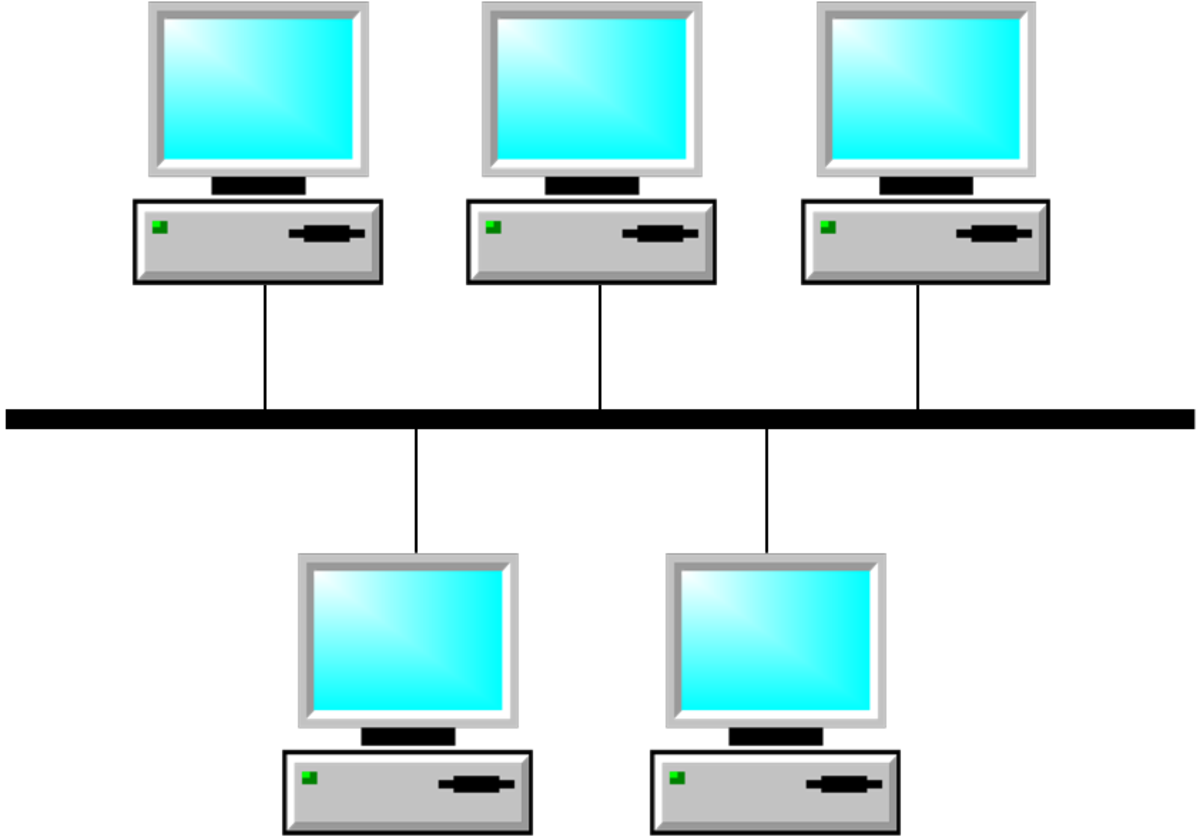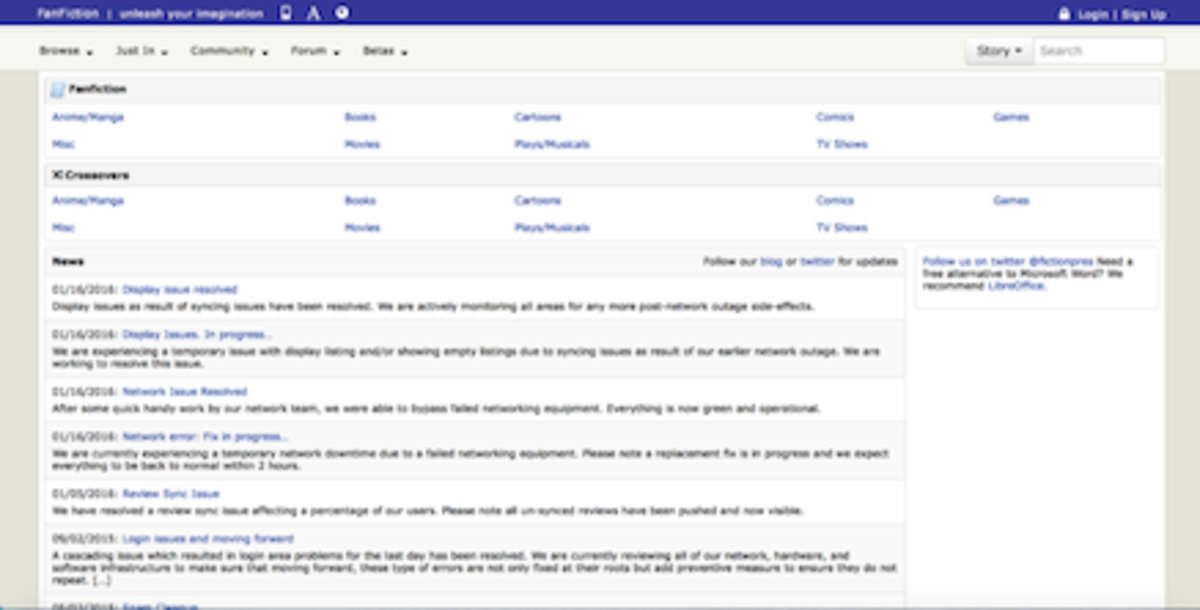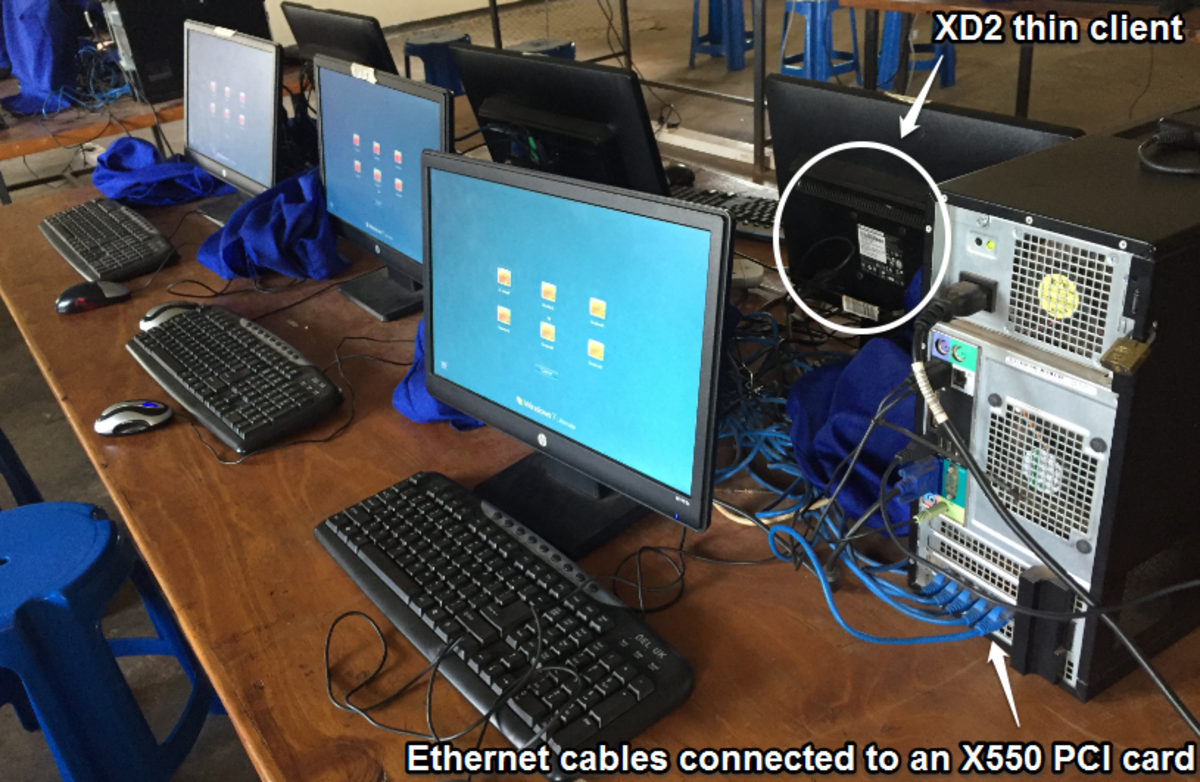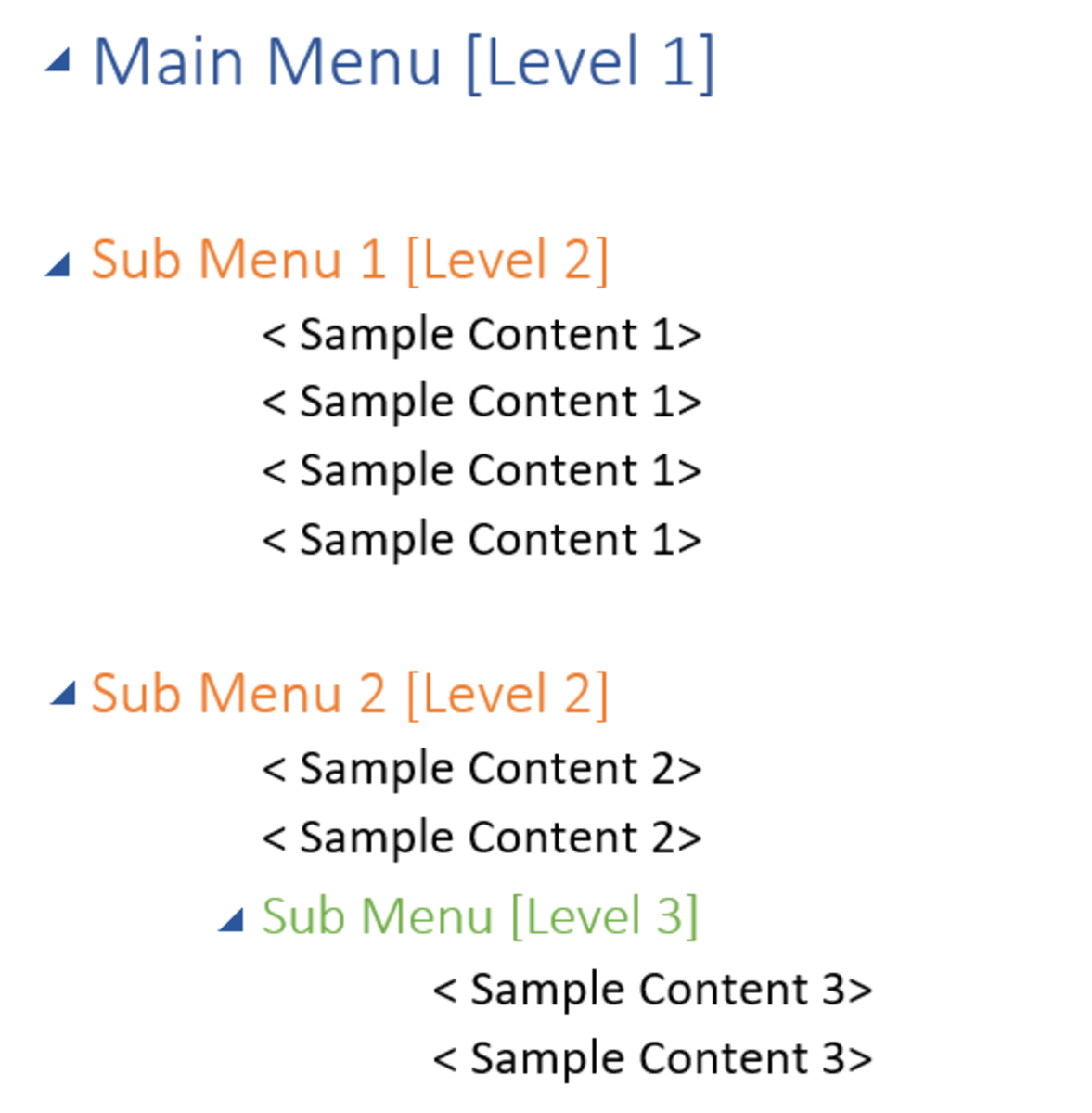The Effects of Software Piracy
Overview
What are the effects of software piracy? The immediate short term effects of software piracy and online intellectual property theft are easily understood. Consumers get products for free and producers don’t get paid. However, there are other consequences that are often overlooked. For example, many pirated versions of software have built in mal-ware, seeking to attract those looking for free software at the price of a hijacked device.
To understand the long term effects of piracy, let’s look at the questions large scale piracy forces companies, producers and programmers to ask – and how they will change in response to the answers.

How Software Piracy Affects Long Term Industry Activity
Software piracy forces those who hope to profit from software, video games, websites, online publications, blogs and services to ask the following questions and change their business practices as a result.
- Can you make money from the intellectual property you have produced?
One traditional way of making money from intellectual property was to sell it. Another option was to license it or rent it out to others. When others believe they have a right to what you create, it is hard to sell. It is also hard to make money when others steal it in the belief that you are stealing from them when demanding money for your labor.
- Can you fight those who are stealing your intellectual property?
One of the pervasive problems in online theft, whether it is digital content such as songs, software or text, is finding the offenders. In some cases, you do not even known it has been stolen until long after the deed was done and they’ve started profiting from it. Having scraped web content removed is a game of whack-a-mole, and that is a challenge with web hosts based in the United States. For web hosts based overseas, you have few avenues to force them to remove your content. And that is assuming they recognize your rights at all.
A partial protection is to move content and services behind a pay wall, such as only offering newspaper articles and video gaming through online portals to users who pay to access it. This makes it harder to steal the content, and some money was made before the product was stolen. The fact that the content or game is not available through the vendor's website is also a flag to honest consumers that it isn't legitimate.
- Can you prove that it is yours?
Unless you’ve registered a copyright, submitted a patent or otherwise formally published content with your name on it, it is difficult to prove that the content, code or product is indeed yours. Singers and musicians have a stronger case, since their videos and songs sound like a live demonstration. Yet proving that they stole your code and content is difficult if the case relies upon date stamps online or file update information.
- Can you raise the money to develop your product?
Why develop products that will be stolen, hurting profit margins? Why invest in a product that is easily copied and shared, with consumers who think they have the right to steal products? Even if distribution channels are controlled and revenue received, software piracy seeks popular products to feed to black markets like the Chinese software market may steal it and sell it under a local label, poaching your customers and essentially stealing from your company.
Try raising money for a new company or find the funds to expand an operation and work on the next version of a product when faced with declining revenue and uncertain income streams. This problem is especially critical for the up-starts and newcomers. Large players like Oracle and Microsoft make money in technical support as well as selling software, and they’ll continue making money doing technical support, offering user training and performing software upgrades even if the software sales fall off. New entrants to the market will find it hard to move beyond the killer app developed in spare time on a home PC, because they will have trouble finding investors willing to invest in it.
Because software piracy lowers the potential profit of new game development, one of the long term impacts has been the push for sequels of profitable games or game companies instead of putting the same financial resources into many new gaming start-ups. Subscription based gaming websites are another model increasing in popularity, such as the classic World of Warcraft, the Star Wars based MMORPG and others. Some MMORPGs offer lower levels for free but require payment for higher levels or payment for advantages.
- If you cannot monetize the project or make a profit, what reason is there to do more or make it better?
When there is little incentive to invest in a product, it is less likely to be developed or improved upon. When there is no return on the cost of coders, testers and developers, there is no reason to pay their salaries and work on the project. The culture of free is destroying the ability of organizations to improve what they have produced or create something even better.
- Software piracy reinforces the mistaken belief that everything should be free, limiting the opportunities of creators to make money.
Reliance upon advertising revenue for content generates some money but far less than selling a product or service online. Using free samples of music or videos to sell tickets to concerts and shows, but it destroys the ability of those who do not want to travel to make money without the traditional method of touring. Using a blog to promote a book or speaking engagement forces authors to work both online and offline to sell content that could be sold only online more efficiently.
Stealing software code does not mean that software vendors cannot offer patches or technical support for an additional fee, but they are hobbled financially by relying upon secondary revenue streams to make money.

Summary
Software piracy steals from those who are working to create code and content, destroying their opportunity to be paid for their work. Software piracy and intellectual property theft hobble future developments because investors and creators do not know if they can make money off of their products.
In the short term, consumers save money due to software piracy, if they do not get infected with malicious software.
In the long term, the quality of free software and content they will see in the future suffers as products for profit are placed behind pay-walls or not developed at all.








